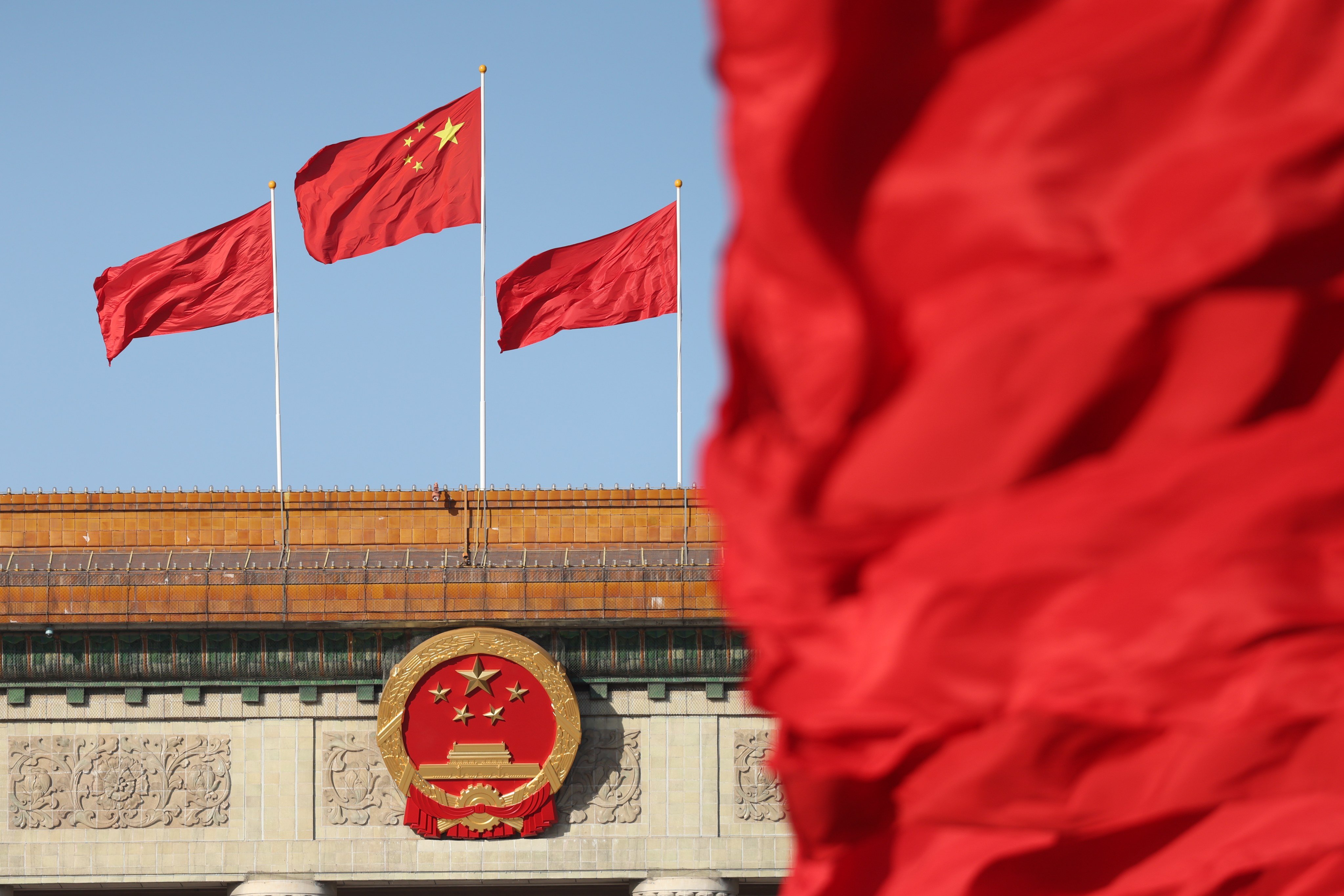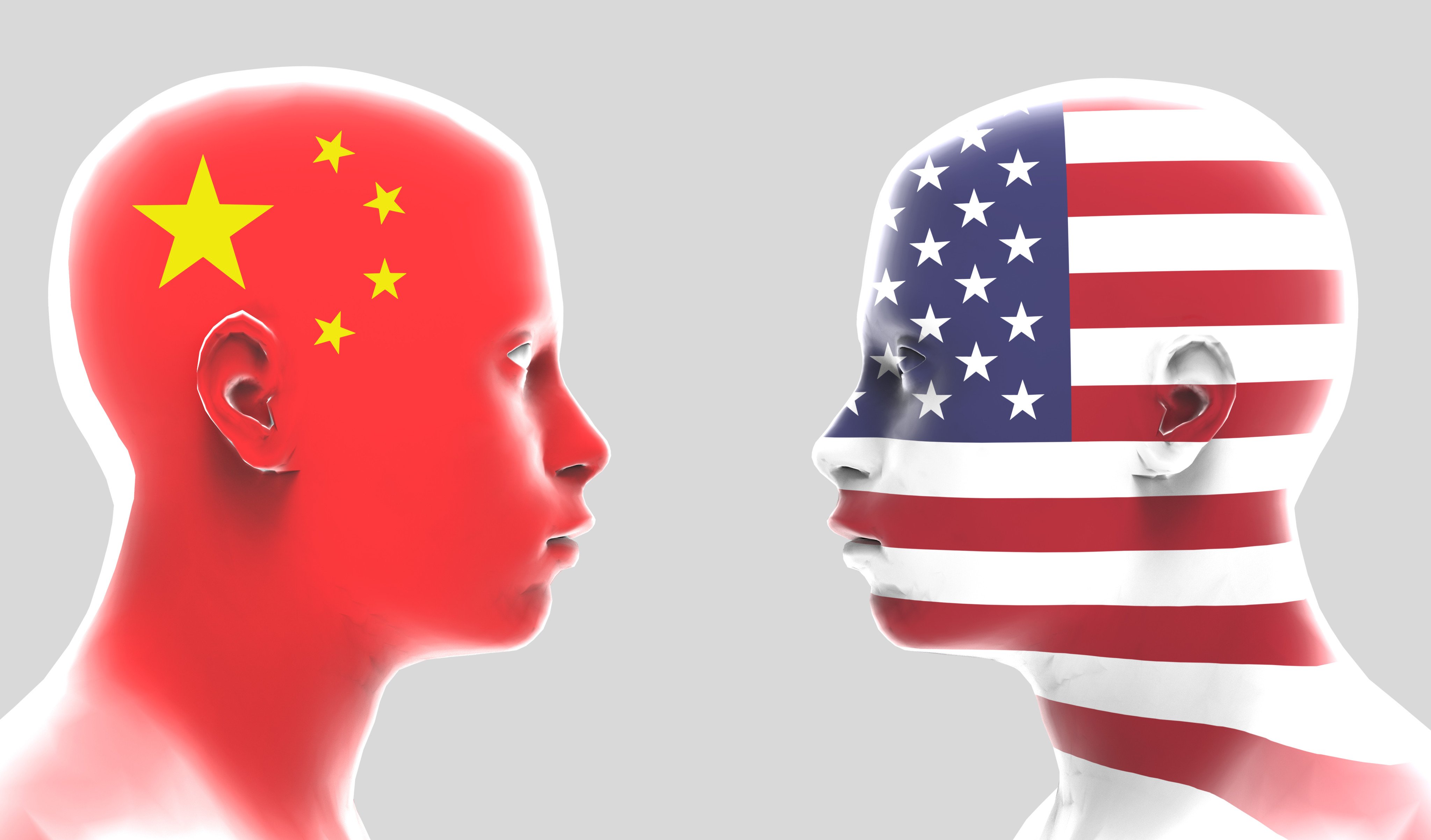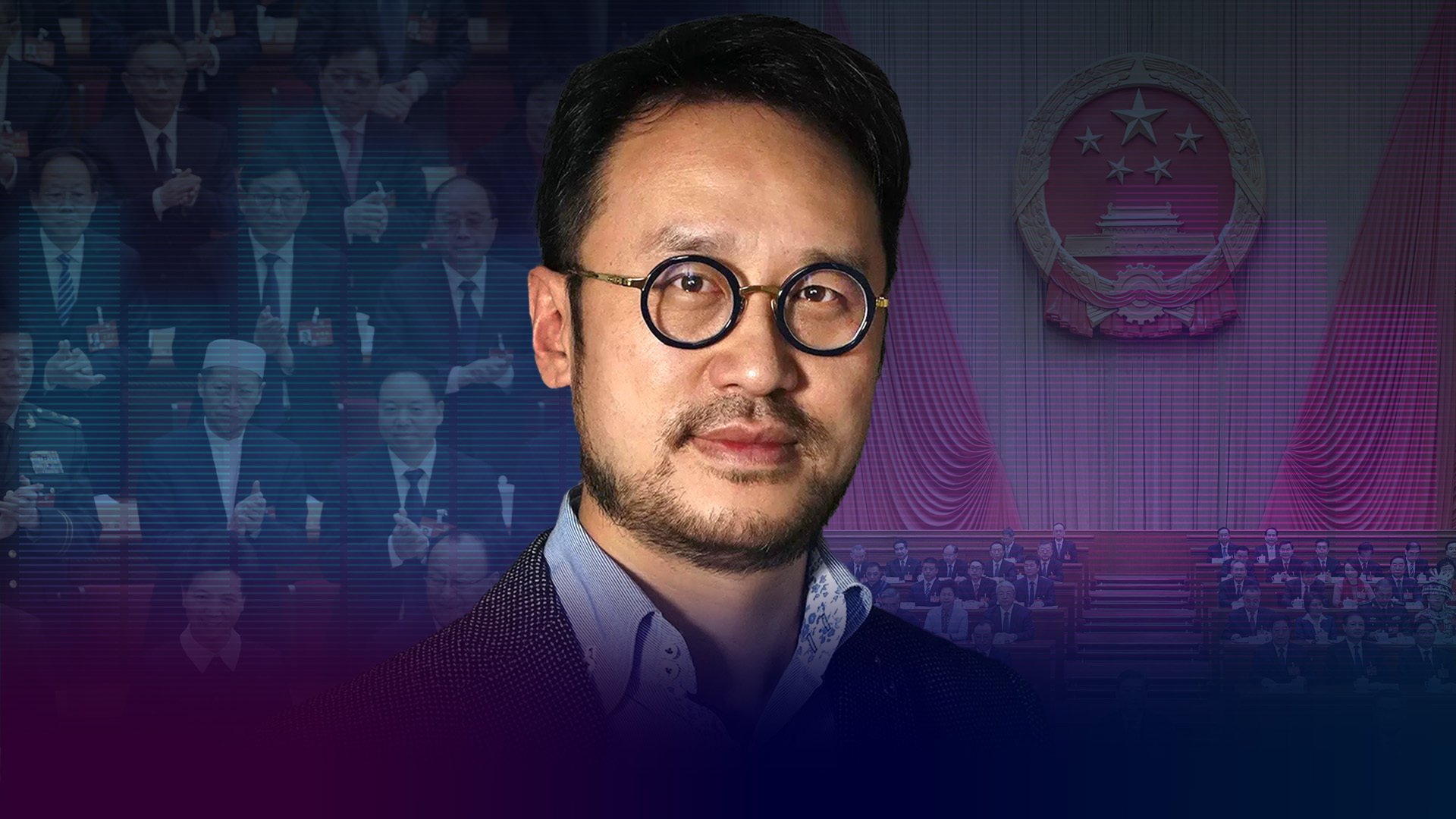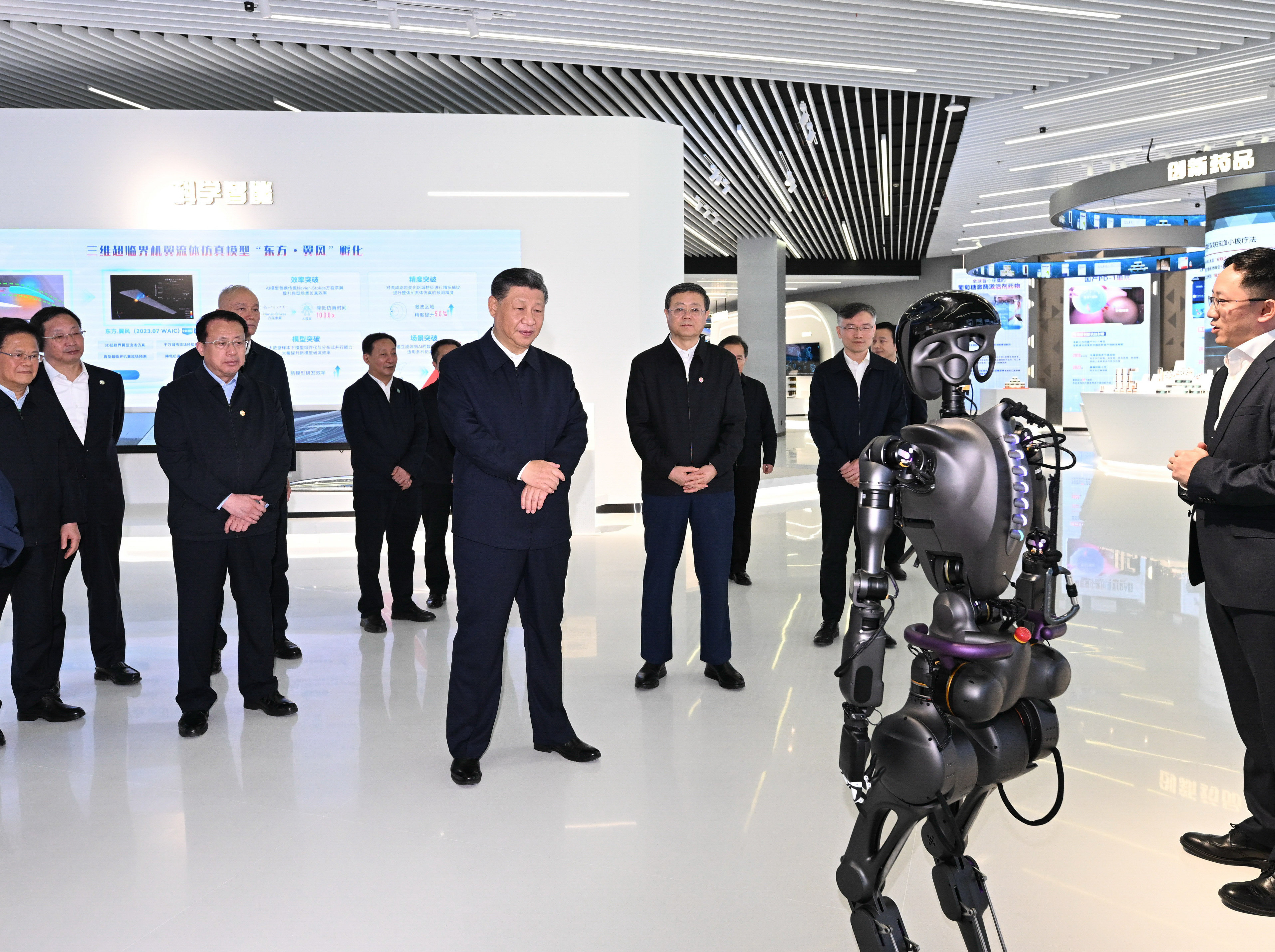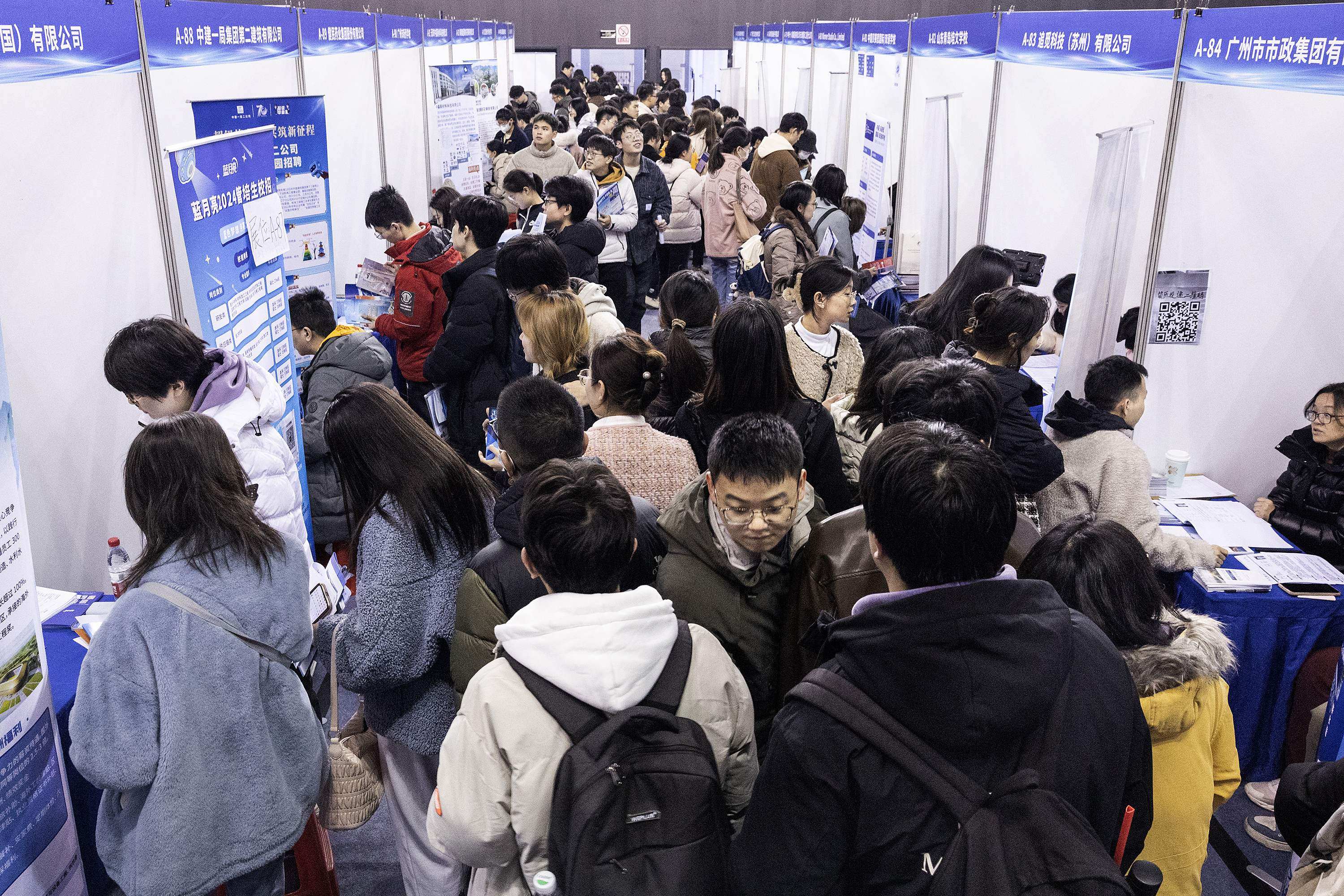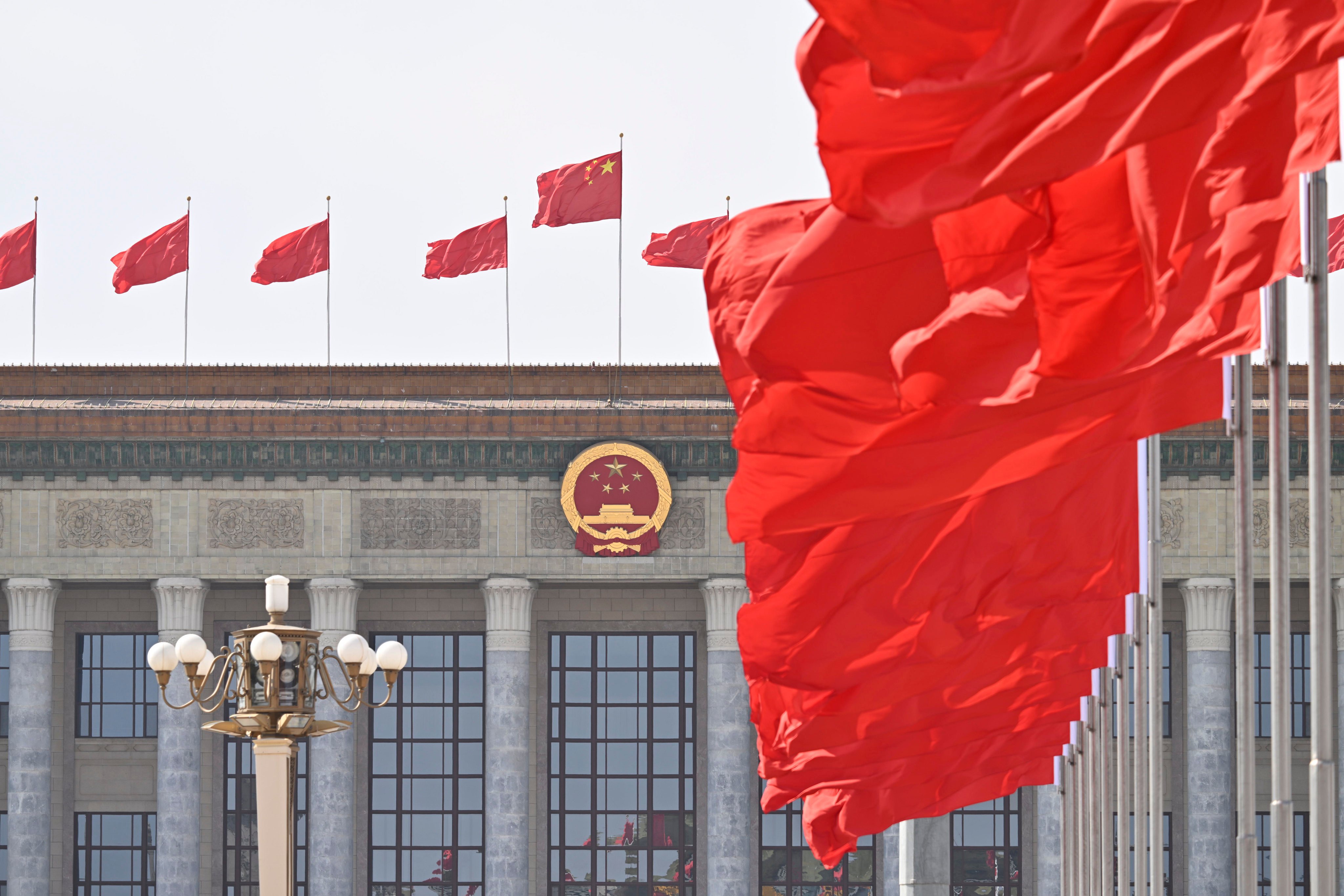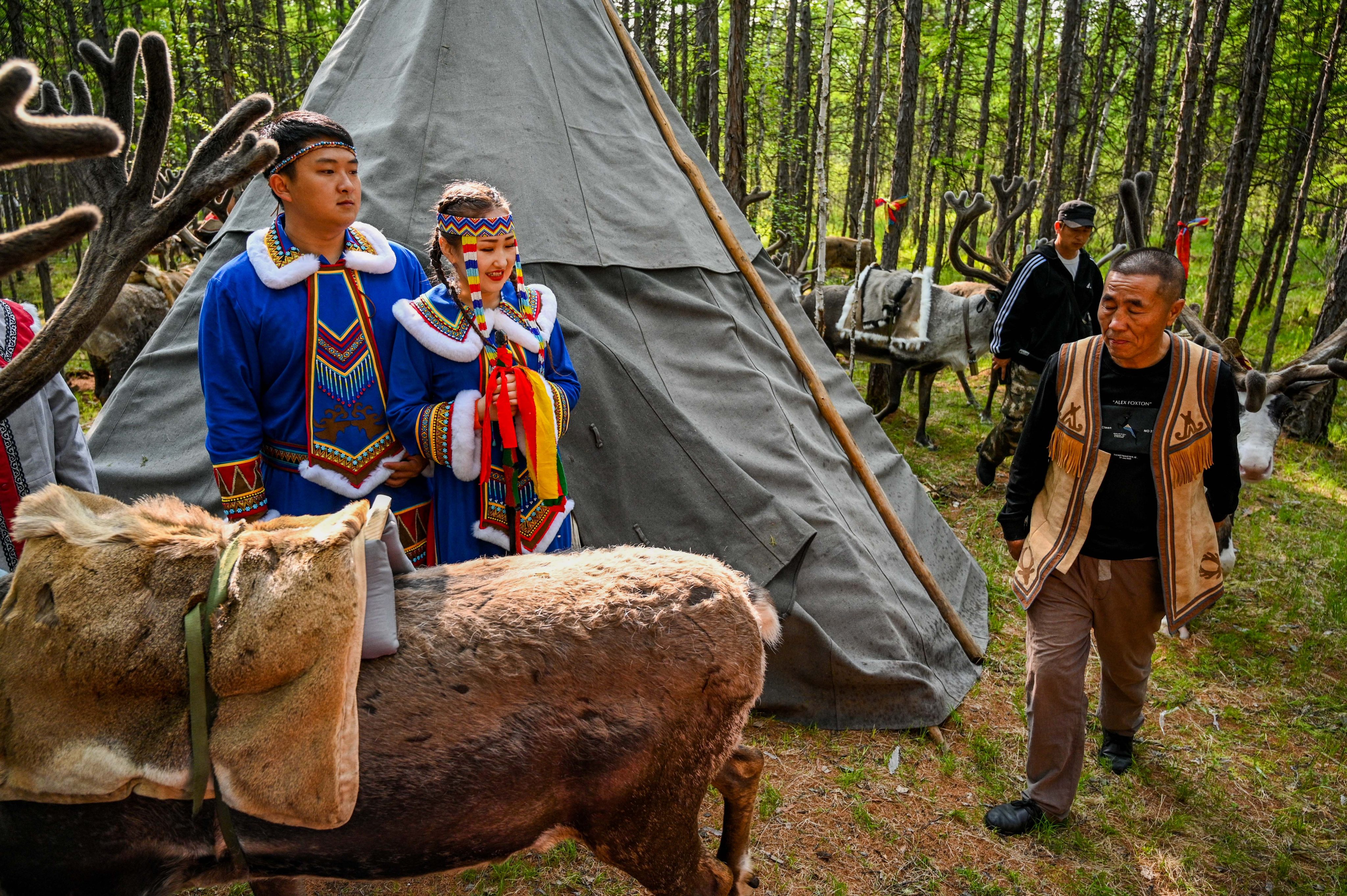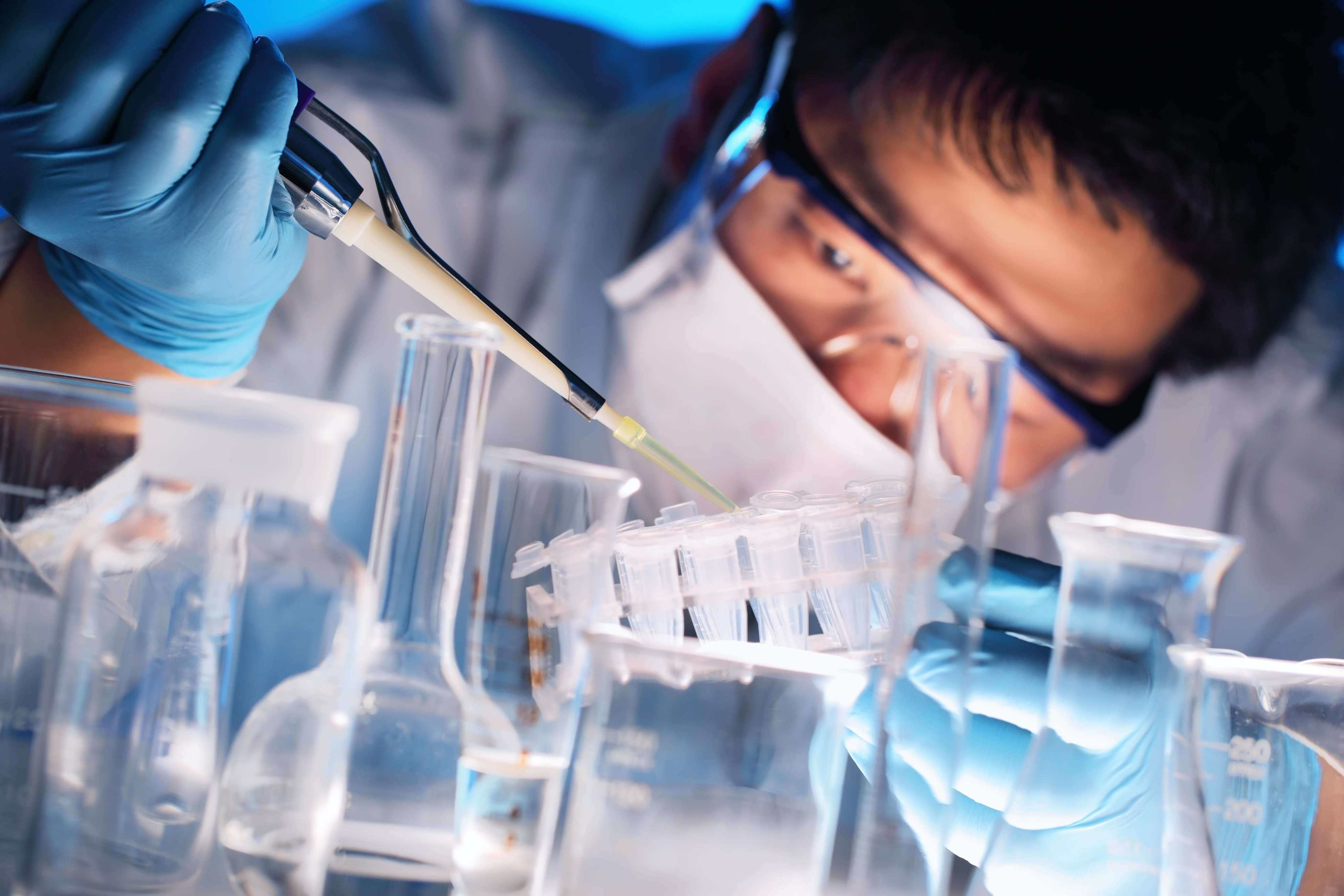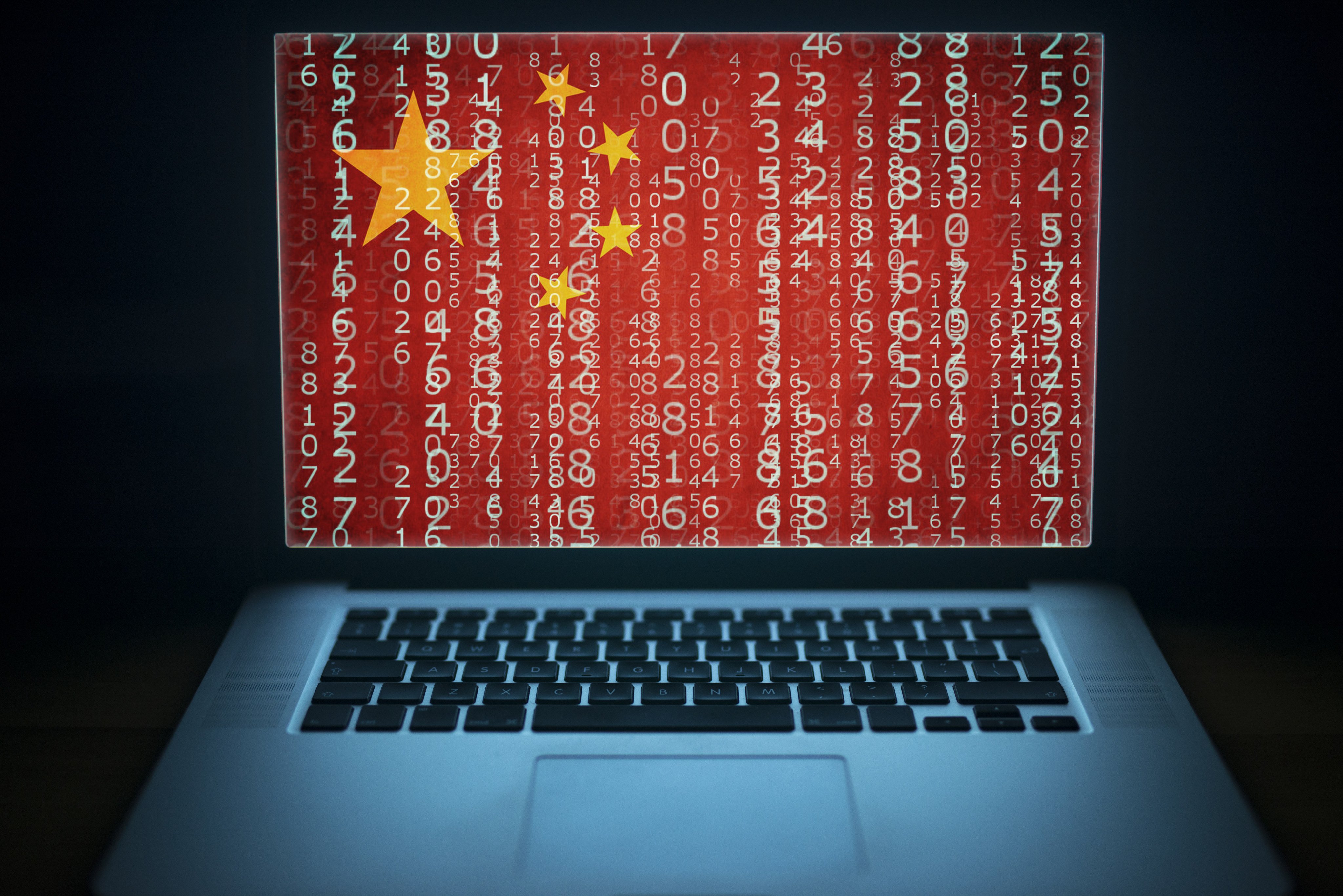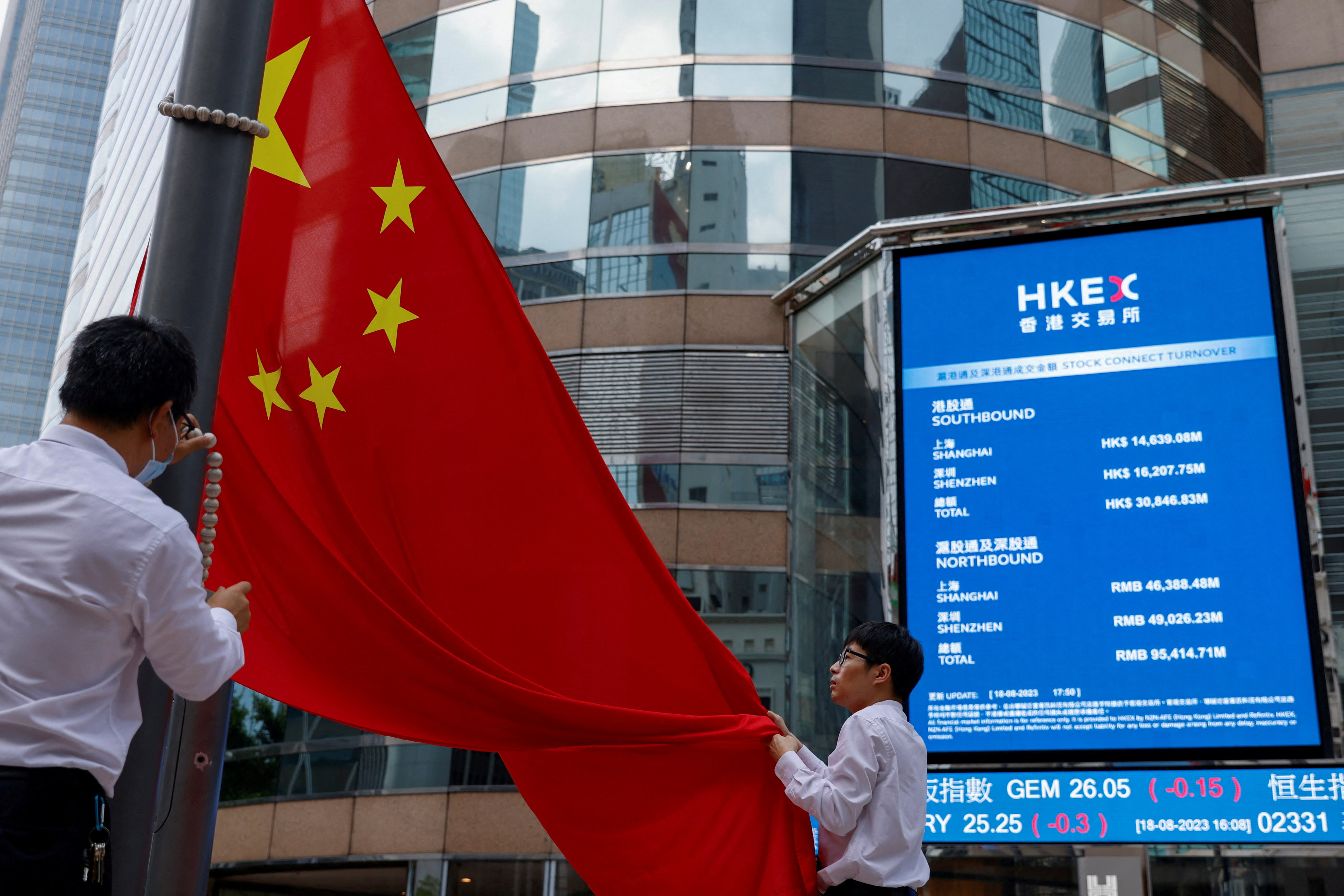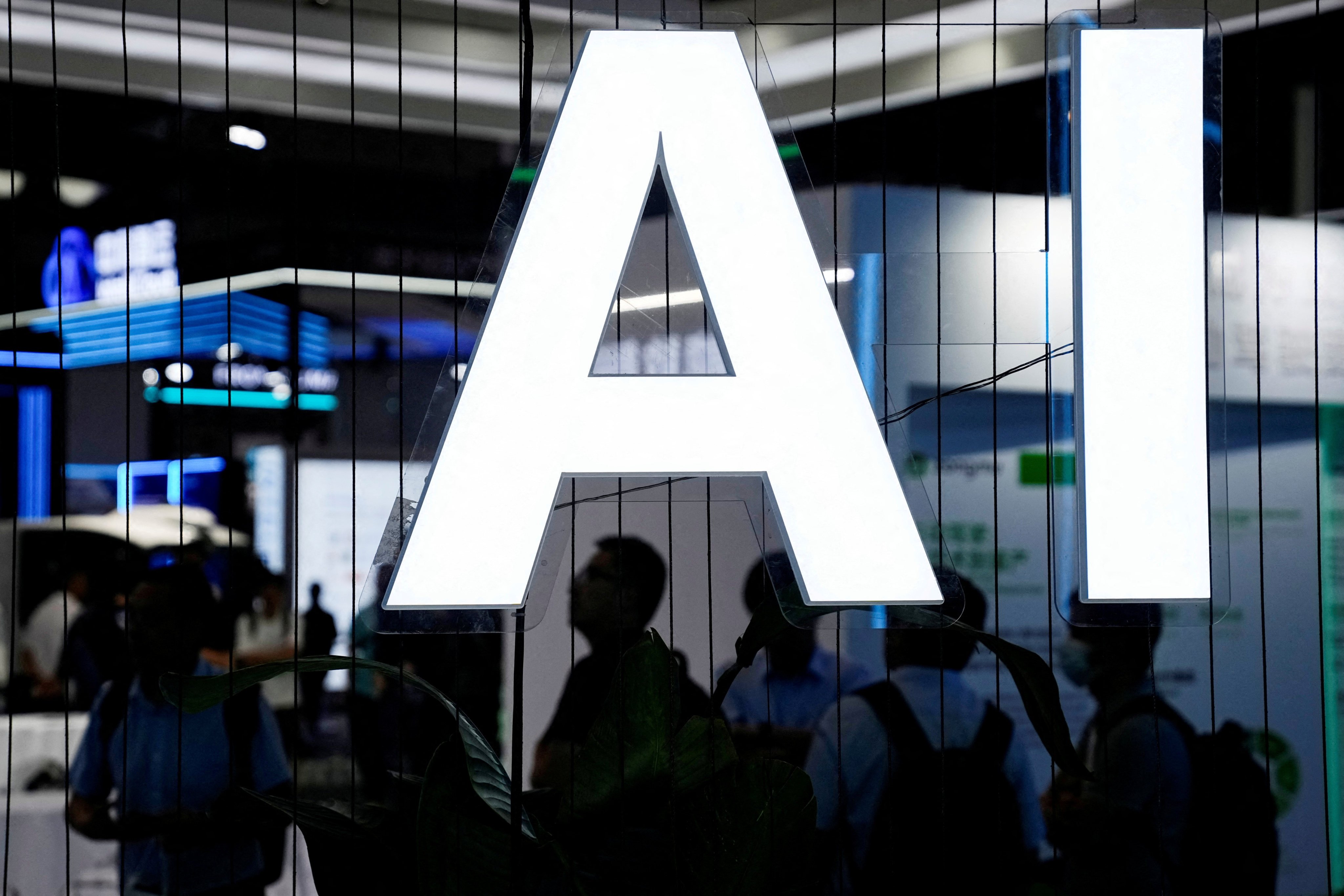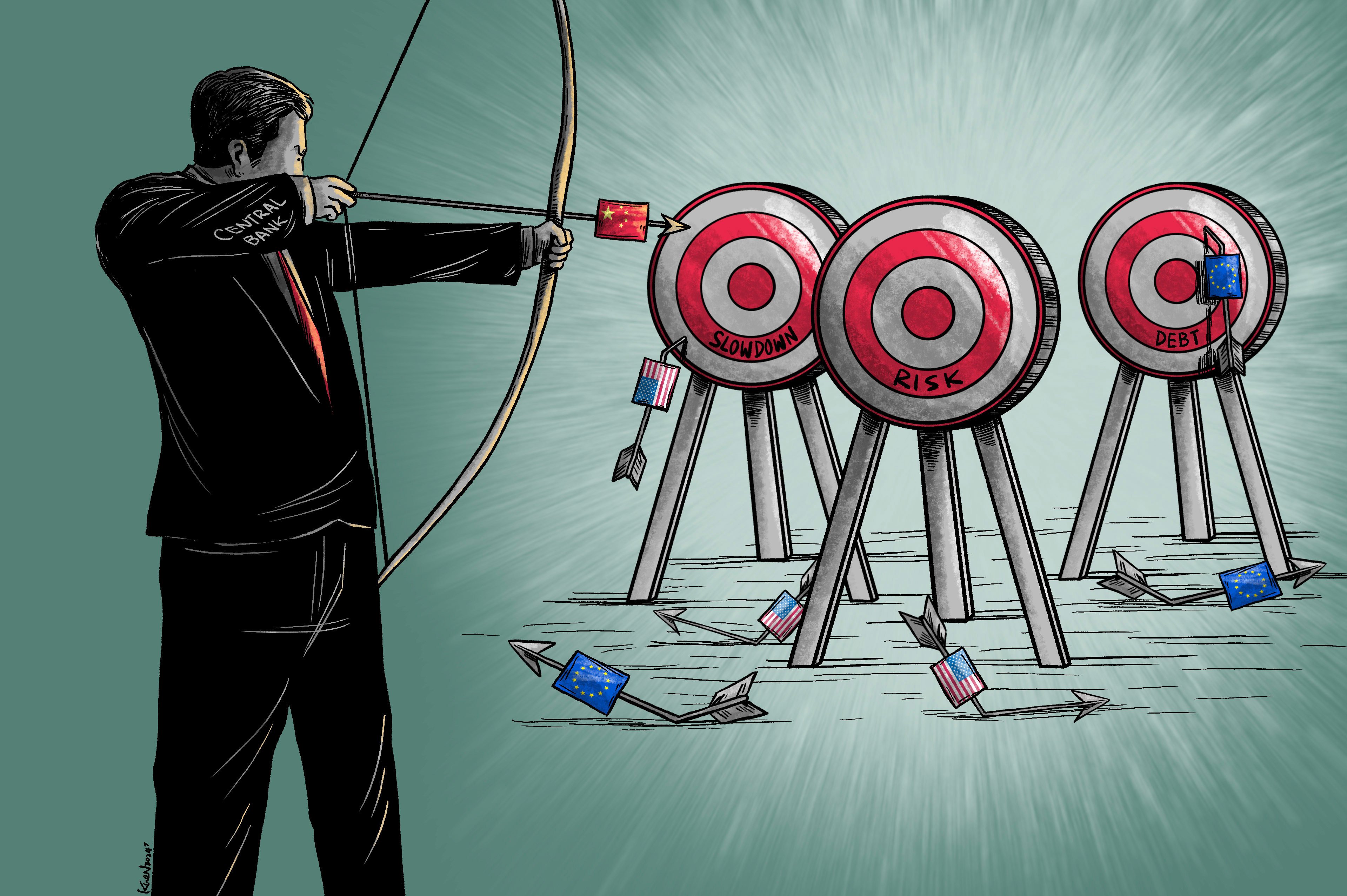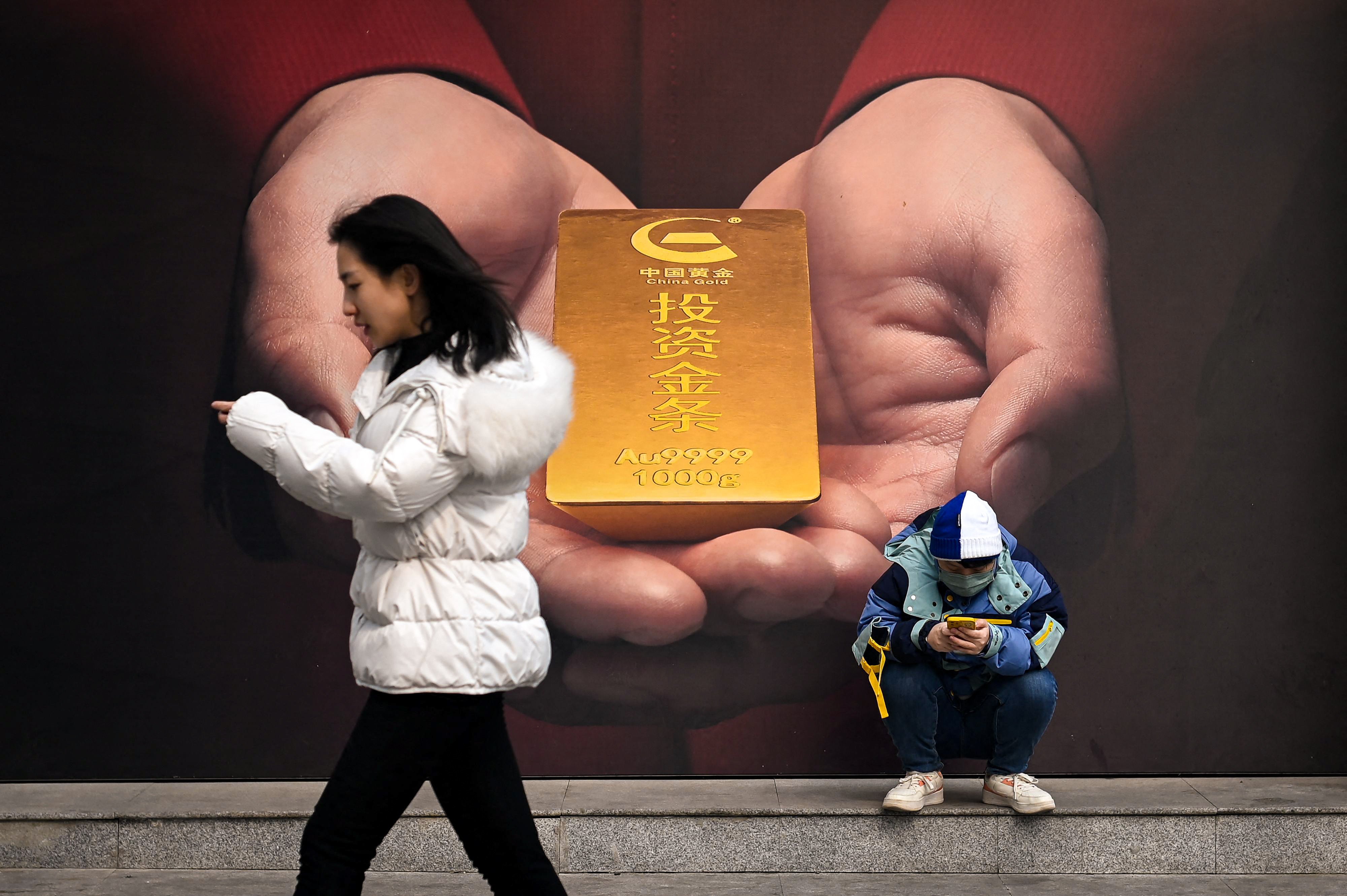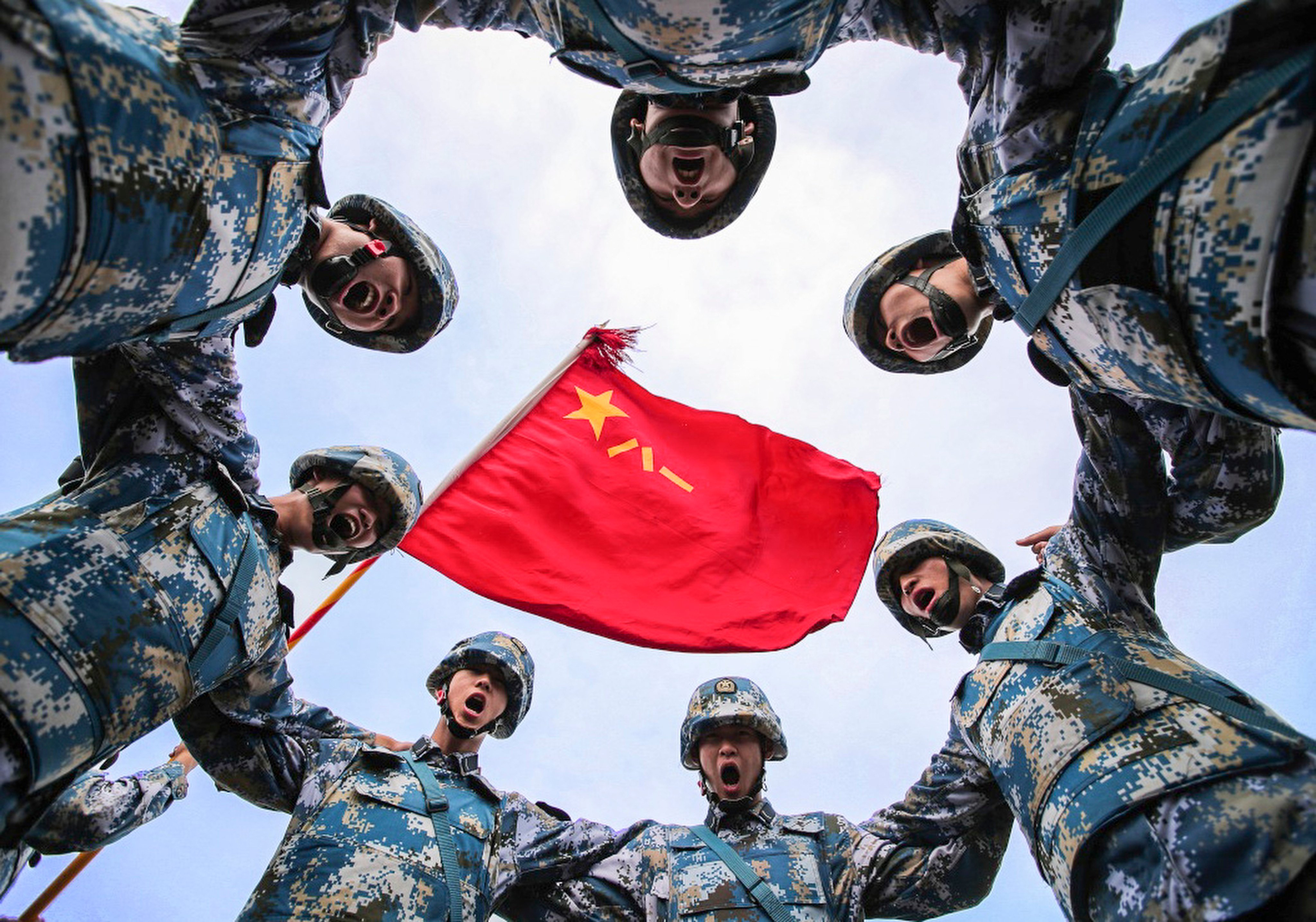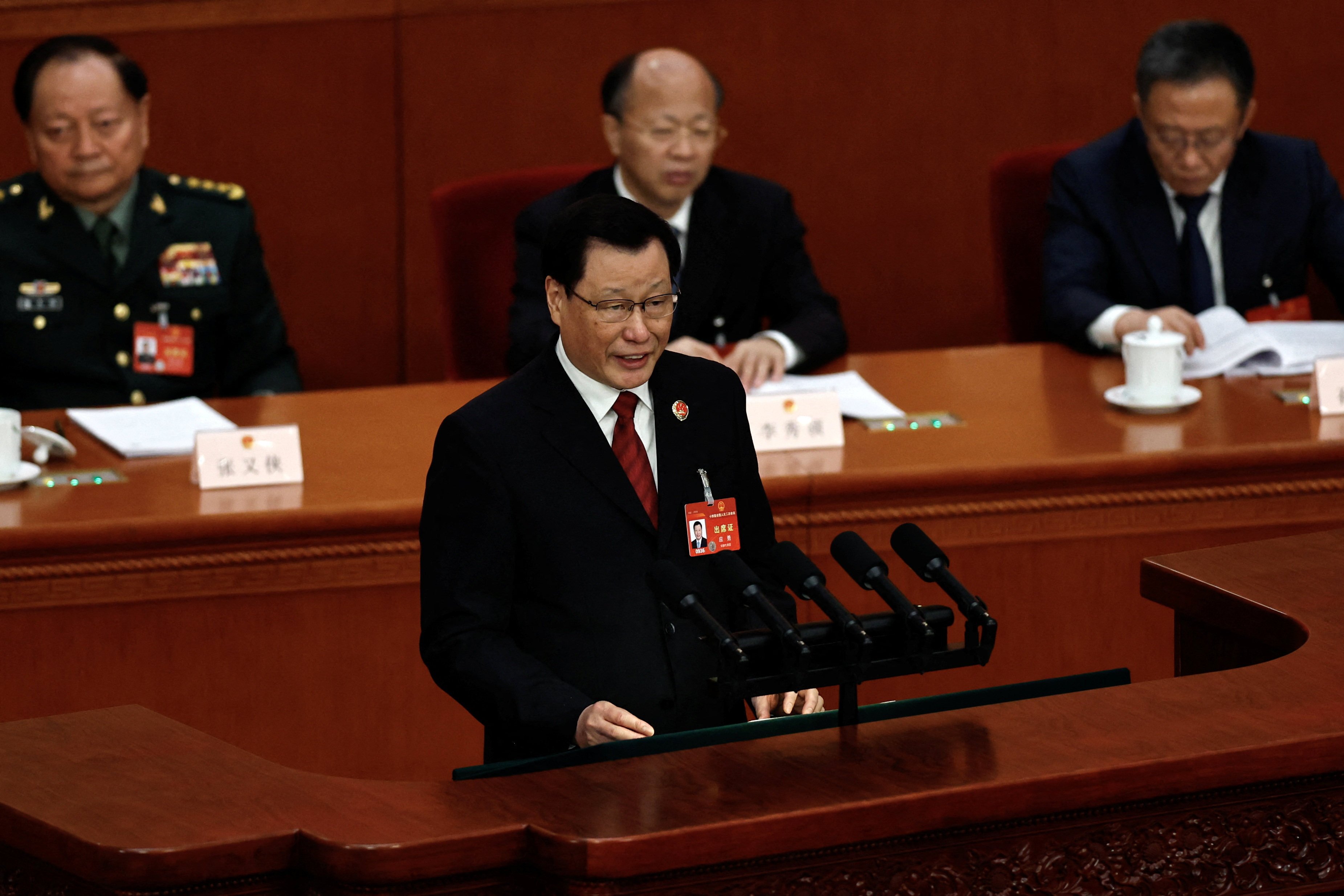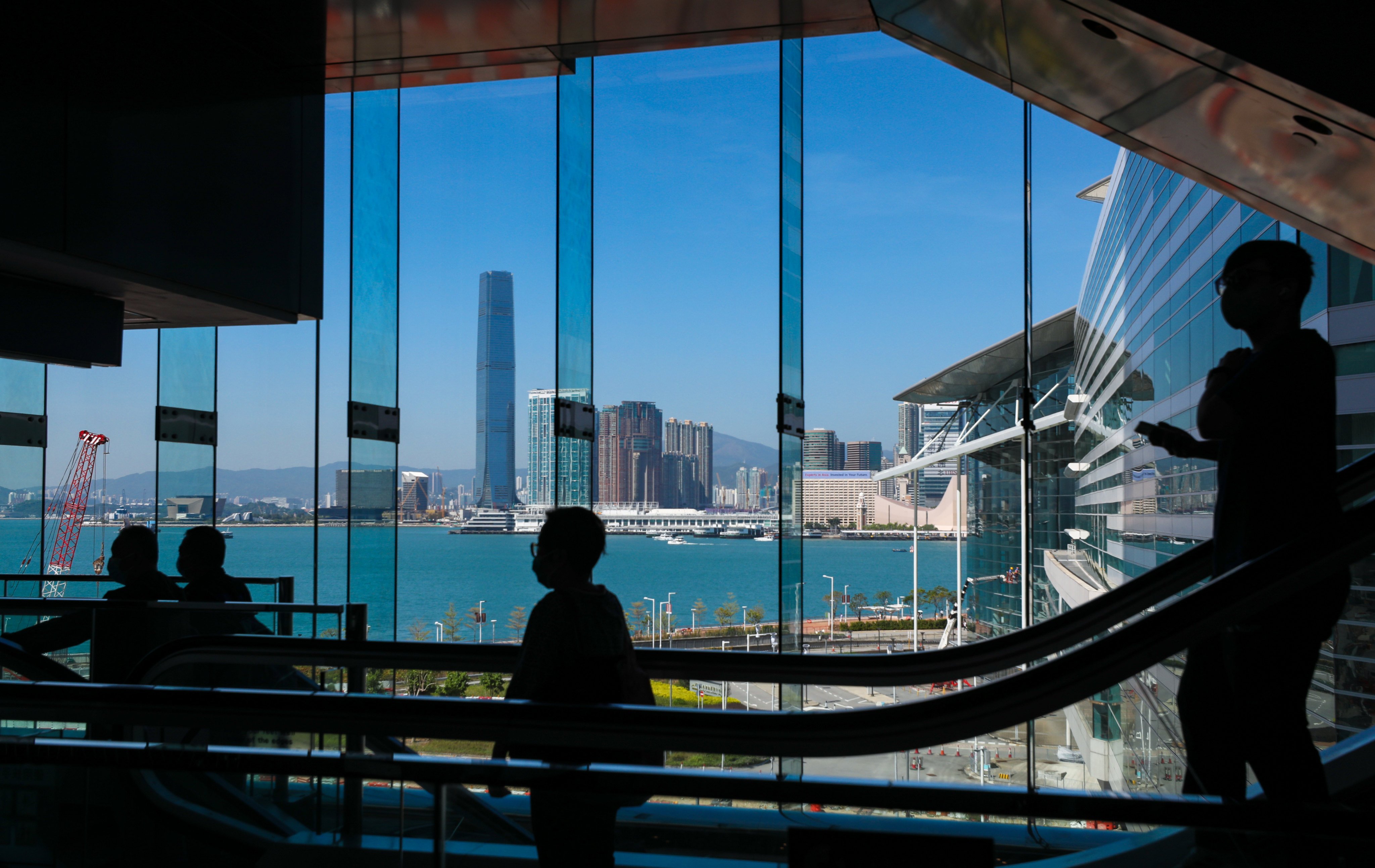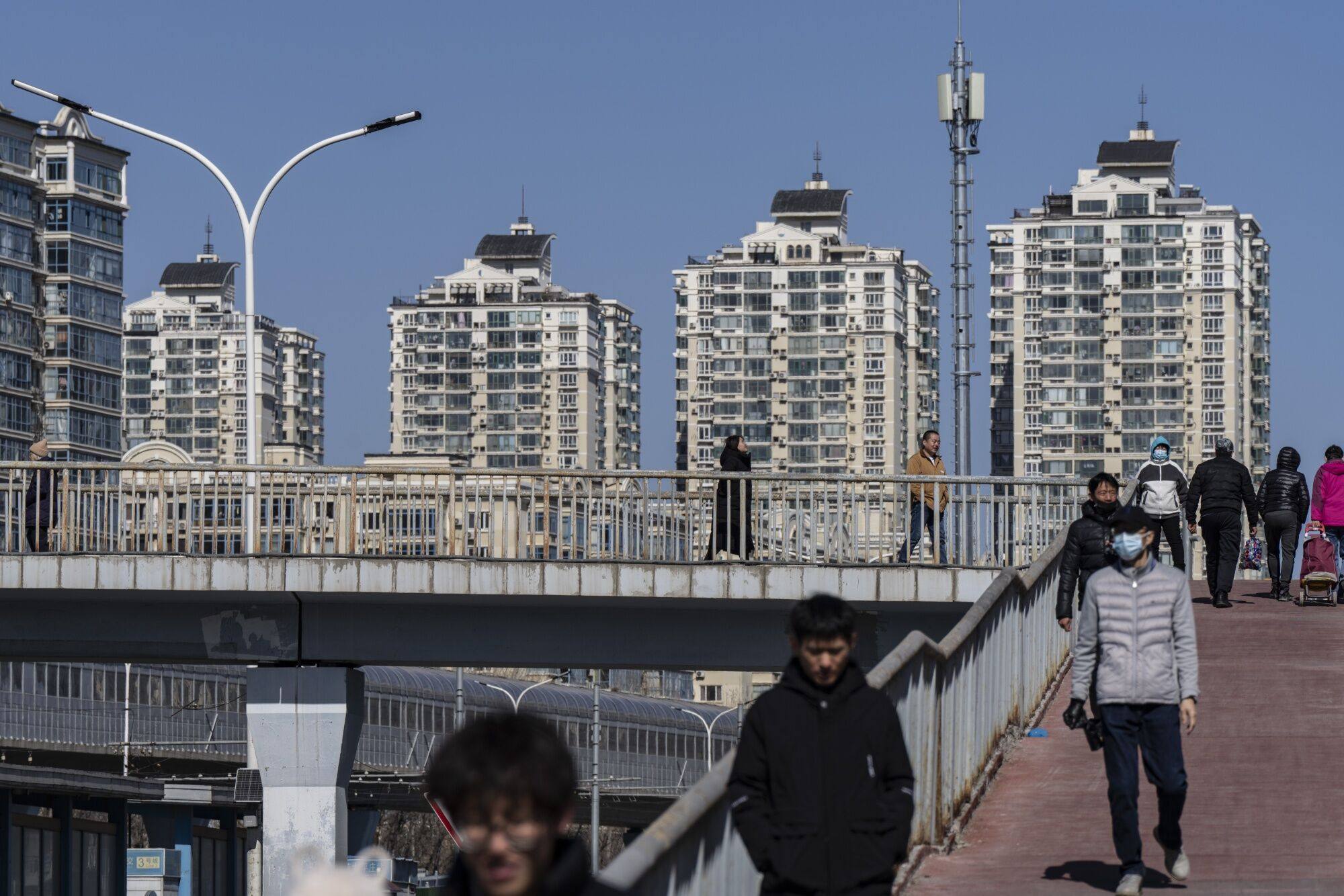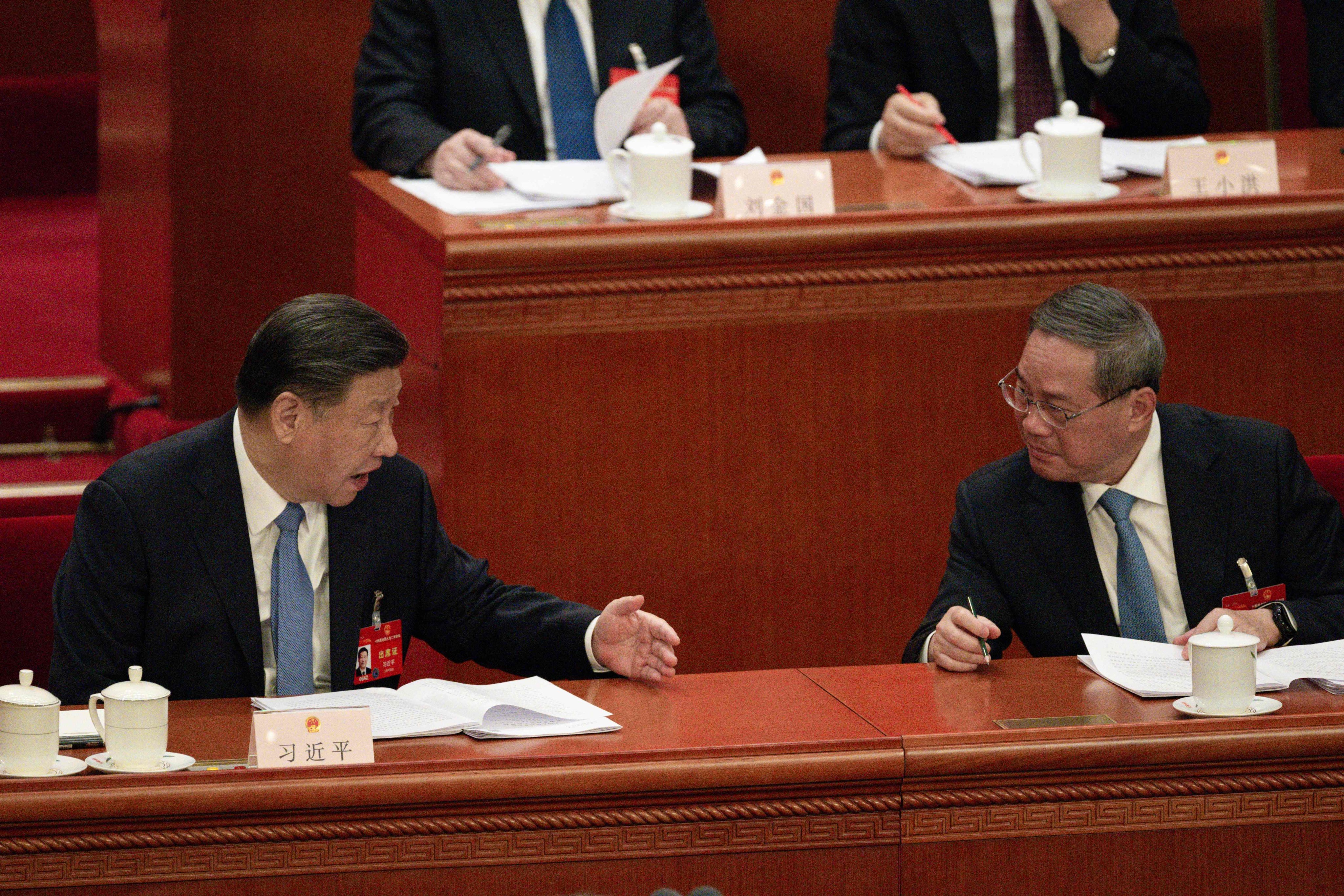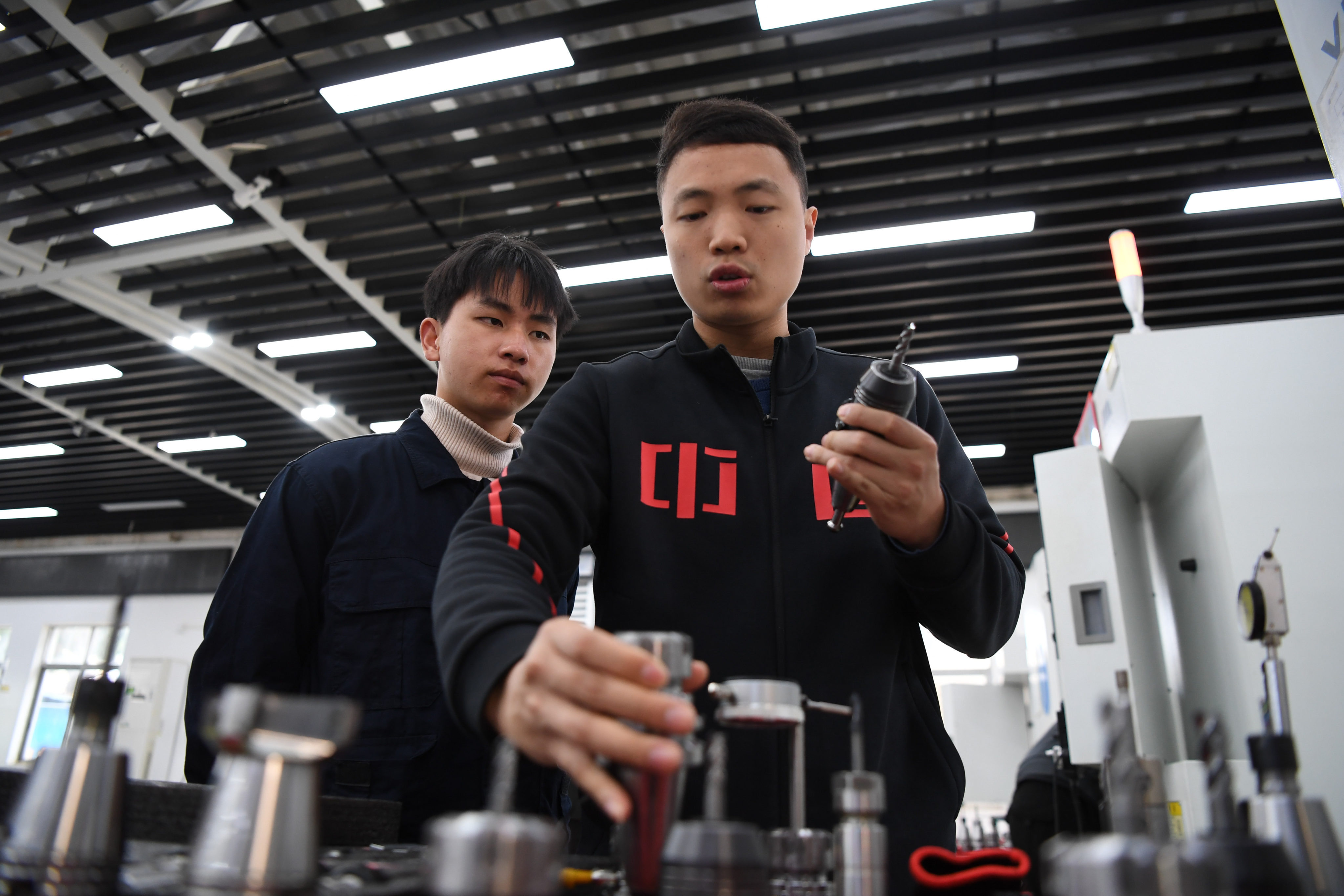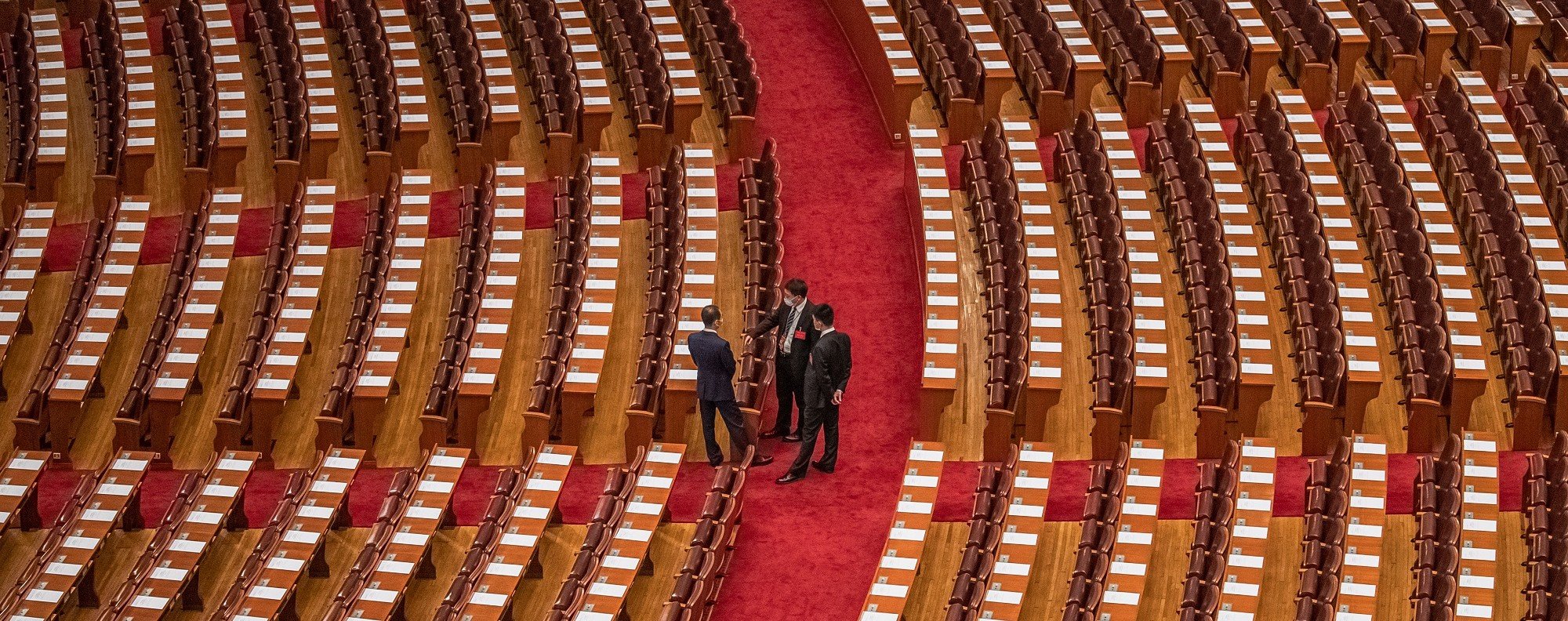
Topic
“Two Sessions” refers to China's annual parliamentary meetings, where the two main political bodies of China - the National People's Congress (NPC) and the National Committee of the Chinese People's Political Consultative Conference (CPPCC) - reveal plans for China's policies involving the economy, military, trade, diplomacy, the environment and more.
This year marks the 75th anniversary of the People’s Republic of China, and even though more stimulus packages are expected to be unveiled at the two sessions, it is unlikely that economic growth will be Xi Jinping’s only priority.
State Council institutions must follow new line that aims to improve efficiency, deliver growth and ensure technological transformation.
‘New quality productive forces’, with its focus on science and technology, is seen as the answer to China’s economic woes, with the potential to transform society. However, outside the establishment, there is confusion and scepticism surrounding the puzzling catchphrase.
The much-anticipated press conference at the close of the National People’s Congress was cancelled, discontinuing a customary practice that was established in the early 1990s.
- Zheng Yanxiong, director of central government’s liaison office in Hong Kong, is expected to offer key takeaways from last month’s ‘two sessions’ in Beijing
- Chief Executive John Lee will preside over the seminar at government headquarters on Tuesday
A presentation made to Chinese Premier Li Qiang pointed out major hurdles faced by the nation’s artificial-intelligence development initiatives.
Post executive editor Chow Chung-yan and managing editor Yonden Lhatoo unpack Beijing’s biggest annual plenary event.
President Xi Jinping reiterated his support for China’s development of hi-tech research and manufacturing, calling for more patents to be commercialised and turned into viable, popular products.
Economist and ‘two sessions’ delegate Yang Chengzhang says China needs ‘richer sources of statistics and information’ and calls for releases from tertiary and research institutions, industrial associations and the media.
Era of separation of power between the party and the government is now over, according to analyst.
China’s northern Inner Mongolia autonomous region, which borders Russia and Mongolia, is concerned about so-called hollowing out amid an exodus of young people impacting economic development and national security.
China’s minister of science and technology vows that steps will be taken to free young talent from tedious tasks that impede innovation, in line with President Xi Jinping’s fresh push for tech self-sufficiency.
Supply disruptions are limiting the country’s ability to make high-end cybersecurity products, according to QAX chairman Qi Xiangdong.
The minimum asset requirement for investing in Hong Kong equities via the Stock Connect scheme should be cut to 100,000 yuan (US$13,900) from 500,000 yuan, SFC chairman Tim Lui says.
AI was a hot topic among the business and political elite at China’s annual legislative gathering, as the country seeks to leverage generative AI to drive economic growth while maintaining regulatory control.
After changes to its leadership and structure, and with draft laws altering its scope, China’s central bank looks to be taking on a different role from years past – one which seems notably distinct from Western norms.
Top advisory body has accepted his proposal on ‘working overtime online’ and talks with government agencies on the matter are imminent, China’s trade union federation chief Lyu Guoquan says.
PLA says increased military spending aims to ‘improve strategic capacity’ to defend sovereignty, security and development interests amid ‘instability and uncertainty’ and ‘complex and grim’ anti-separatist struggle.
Number of people charged with corruption or dereliction of duty last year rose nearly 35 per cent from 2022, Supreme People’s Procuratorate says.
Finance chief also says country’s push to open ‘its door wider’ to world will allow Hong Kong to use exhibitions on mainland to promote its own events.
Ni Hong says authorities have the arduous task of stabilising the crisis-hit real estate industry this year.
Chinese president’s call to develop home-grown technology and ‘new quality productive forces’ is top policy direction to come out of political gathering in Beijing, while premier appears to take smaller role in what is seen as sign of loyalty and humbleness.
Over the past 10 years, the number of EVs in China has grown to more than 20 million but with favourable policies about to expire, fierce competition is putting pressure on carmakers’ profitability.
‘Two sessions’ delegate urges for the standing of China’s skilled workers to be improved, with changes made to housing and education, amid a talent shortage that could hurt its hi-tech manufacturing sector.


.jpg?itok=BjPNafn3&v=1711028570)









